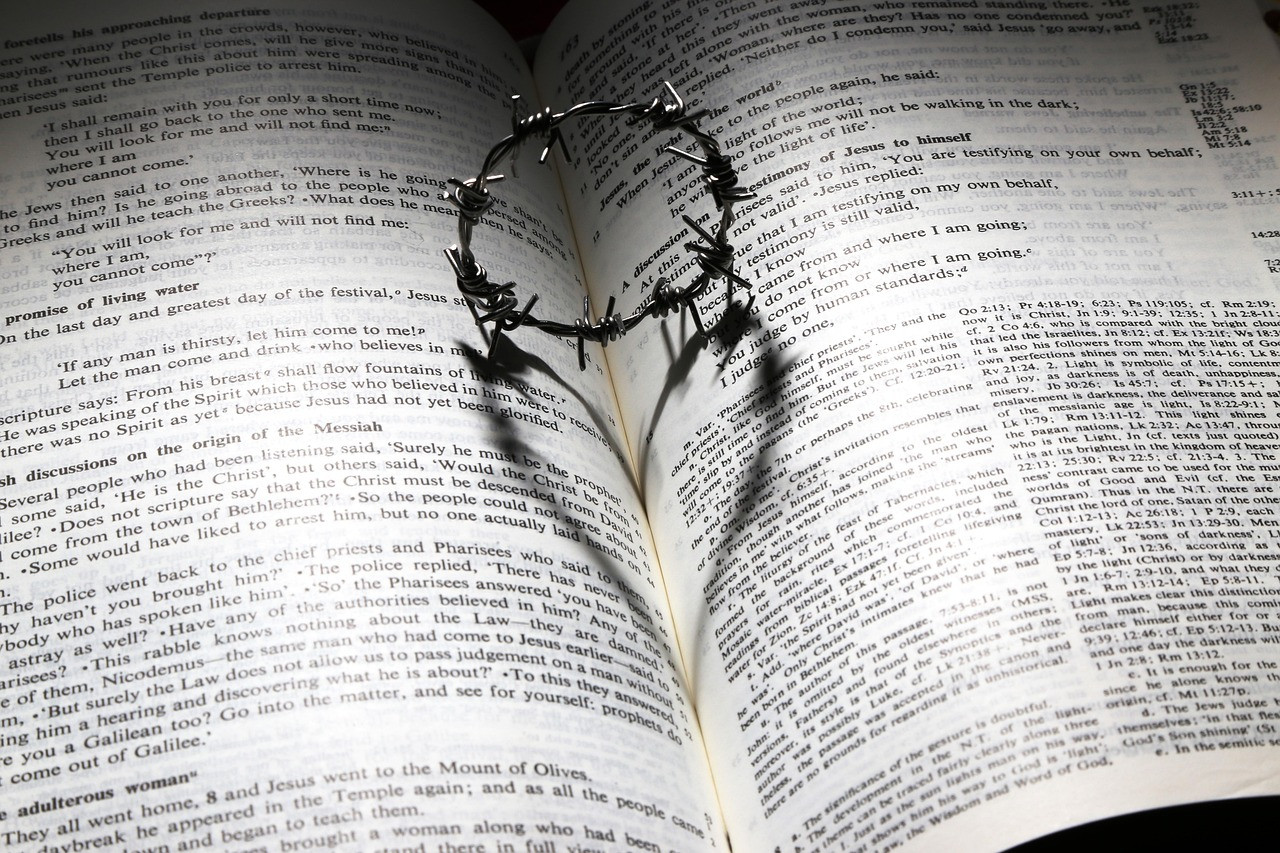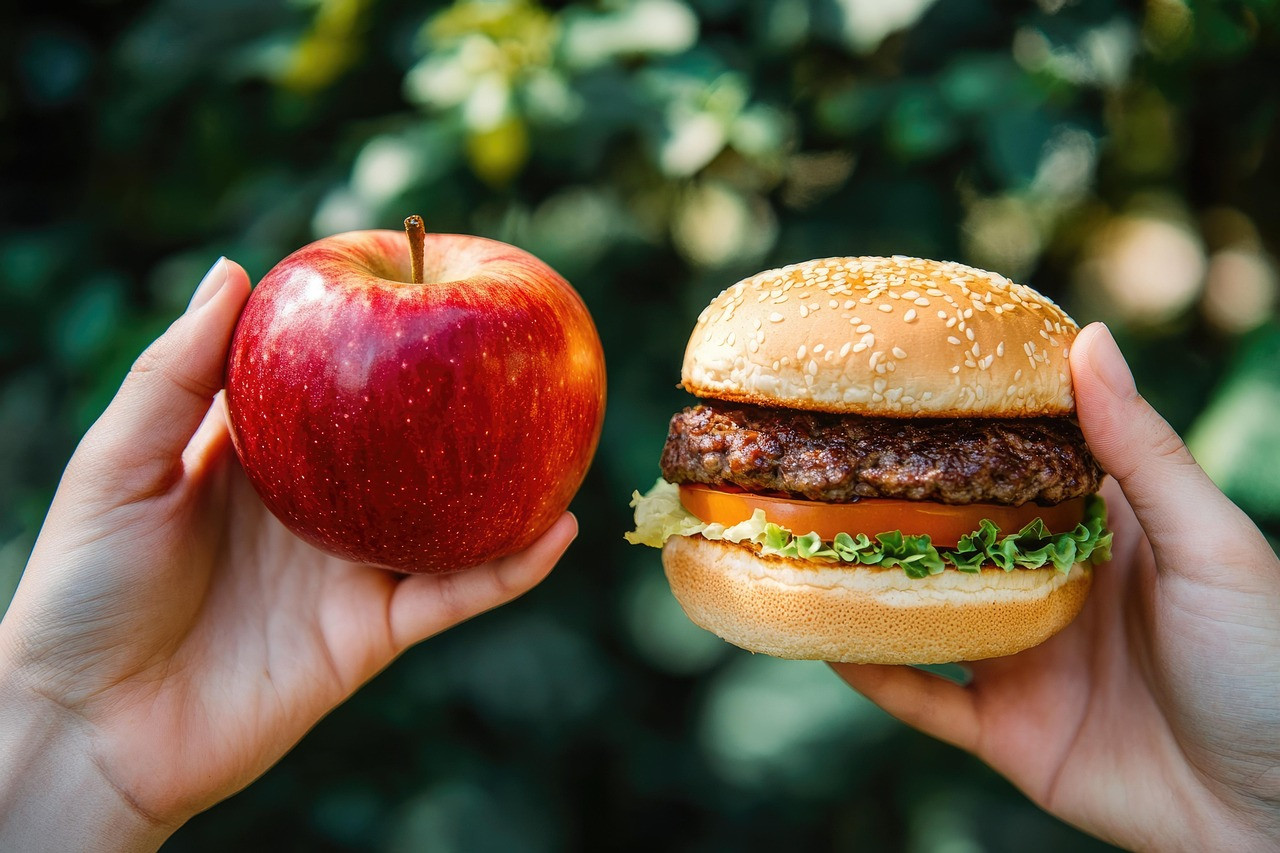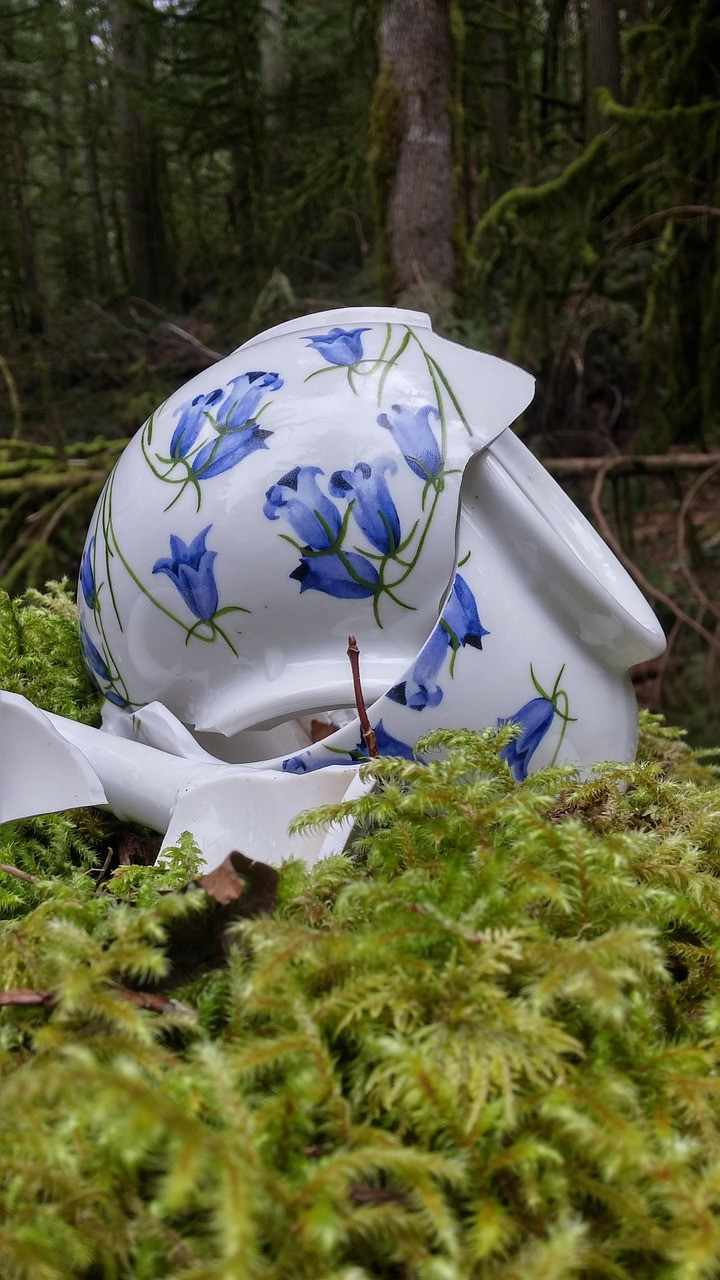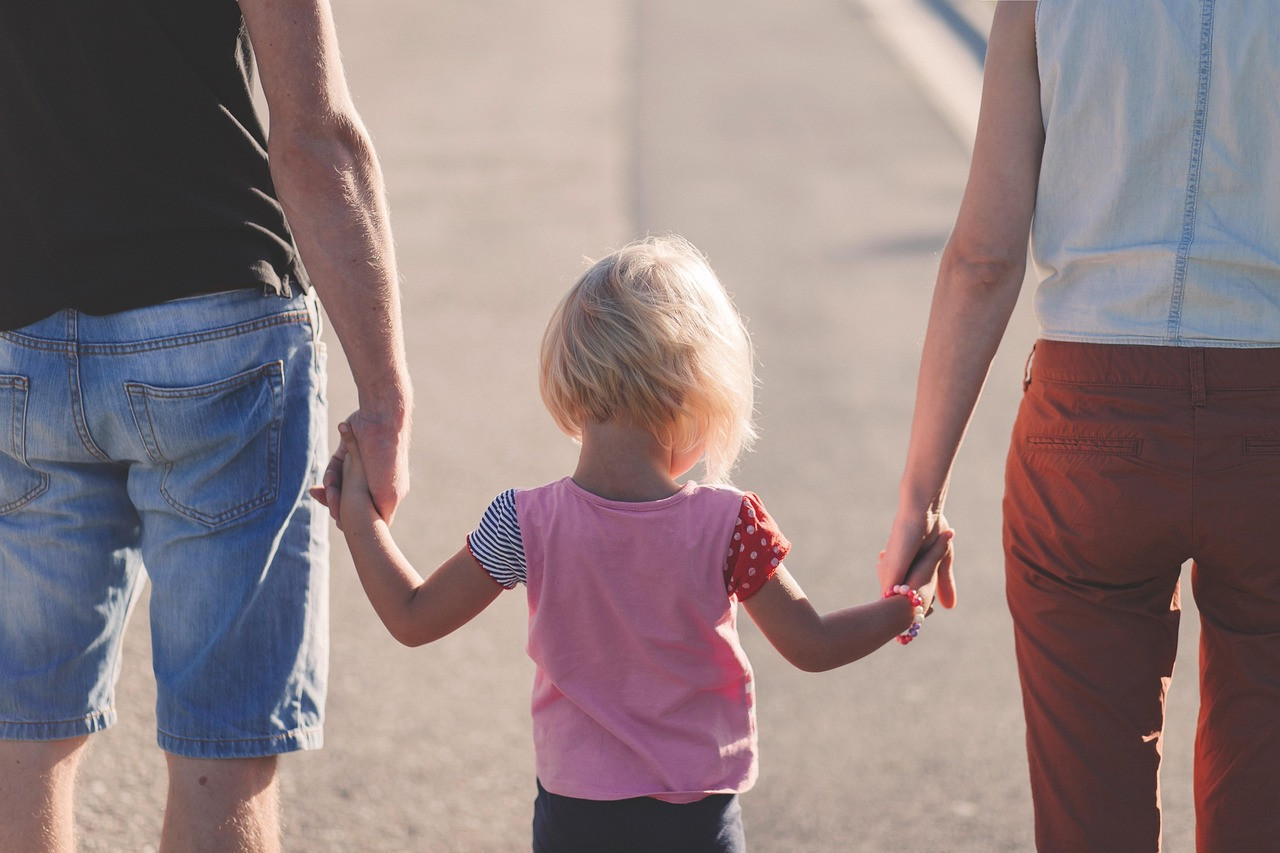
God is the designer of our minds and our bodies. God is the one who teaches us the truth through His Word.
Tip #1: Realize that your feelings are not facts.
Feelings are just information. It is factual that you are having feelings. You are having certain feelings, and these sensations may be labeled with a certain word that says what the feeling is. This does not mean the feeling is telling you the truth about your value, about the situation, about someone else's intent, or about whether you're in danger.
Our emotions are not indicators of our worth, of our salvation, or of our spiritual standing. Emotions are signals letting us know how our body and mind are reacting to circumstances. Feelings don't define you. Feelings are simply messengers that God put into the body to alert you. Jesus Himself felt grief, righteous anger, compassion, and sadness.
1 Peter 5:6-7 says, "Humble yourselves, therefore, under the mighty hand of God so that at the proper time he may exalt you, casting all your anxieties on him, because he cares for you."
Tip #2: Realize that your body is not separate from your spirituality.
Jesus had a fully human body and he was fully God and fully human. It was by the shedding of Jesus' physical blood and the physical raising of His body that saved us. Jesus is perfect.
Knowing that we are safe physically can help us to feel more into the truth that Jesus is our peace. If your body is not able to recalibrate and rest, it's hindering you from the fullness of the experience of being able to rest our bodies, minds, souls, and spirits in Christ.
Tip #3: Boundaries are Biblical.
God Himself gave Adam and Eve boundaries.
Genesis 2:16-17 says, "And the Lord God commanded the man, saying, "You may surely eat of every tree of the garden, but of the tree of knowledge of good and evil you shall not eat, for in the day that you eat of it you shall surely die.""
God gave people free will with choice and warning. Adam and Eve ate from the fruit in the garden of Eden and that's what caused the problem. As a result, God set up more boundaries.
Genesis 3:23 says, "therefore the Lord God sent him out from the garden of Eden to work the ground from which he was taken."
Jesus set boundaries for Himself while on earth. He was not available to everyone all of the time. Even Jesus went away to pray.
Healthy boundaries are simply saying that we as humans have limits to our energy, time, resources, and should steward them wisely.
Tip #4: Prayer is powerful and so is therapy.
Therapy is not a lack of faith, but is an act of stewardship. The Bible tells us that there is value in counsel. Jesus Himself is the mighty counselor. You have to be wise with the person you choose as your therapist, so that they don't lead you into anything that isn't according to Godly parameters. God uses many tools to bring about healing and therapy could be one of them.
Prayer connects us spiritually and therapy helps us to heal. Therapy can untangle the emotional, mental, and behavioral patterns that might be keeping us stuck.
Proverbs 15:22 says, "Without counsel plans fail, but with many advisers they succeed."
God created your brain, body, and emotions. He knows how they work and He is not limited to only what seems like a spiritual intervention. God works through skilled, Godly professionals...and ungodly professionals too.
Tip #5: Rest is important.
Too many times we criticize ourselves for needing to take a rest. Jesus Himself took rests and God implemented Sabbath. Sometimes we need time to decompress, or recharge so that we can think more creatively, be more effective, and more of service. You are not meant to run on empty. We can honor God through rest. It's okay to take a nap and step away from your endless to-do lists.
Tip #6: Community matters.
You were not meant to do life alone. Healing happens in connection with people. Although, isolation is not always bad, but thinking that you don't need anyone is not healthy. God made us to encourage one another. Find healthy people who speak truth, encourage you, build you up, and pray for you.
Tip #7: Grace is for you too.
God's love is for you too. Often we have so many thoughts running through our minds that are critical and you go down the rabbit trail. Grace is for YOU. You are not the exception. Jesus already took all the hits for ALL the sin and He overcame it. The gift is free for the taking. Jesus died for your freedom.
So stop measuring your worth by your productivity, performance, or feelings...you are loved because God is love and He loves YOU.
Romans 8:1 says, "There is therefore no condemnation for those who are in Christ Jesus."
God has a wonderful plan for your life.

Jealousy and comparison can stir up powerful emotions.
We can find freedom when we understand what's really going on beneath the surface and learn how to set boundaries that protect our joy. Here’s the good news: jealousy, comparison, and those tough emotions are manageable, and healing is possible.
Comparison steals our joy.
When we compare ourselves to others, it’s easy to feel “less than,” like they’re somehow better or more blessed, and something must be wrong with us. That kind of thinking robs us of the contentment God desires for us.
Not all dissatisfaction is bad.
Feeling dissatisfied doesn’t always mean jealousy is at work. Contentment is a blessing, but dissatisfaction can sometimes signal that there’s room for growth or a need to improve something in our lives. When Scripture talks about being content in all circumstances, it’s not telling us to settle or stop striving. (Philippians 4:11-13) It’s about a heart posture—appreciating what we have while recognizing what God wants to help us improve or heal in our lives.
Sometimes, jealousy sneaks in when we see someone else with something we want.
If we pause and ask, "what is actually missing inside me that’s making me feel this way?" we might find it’s not just about the “thing” itself. Wanting more or wanting change can be a healthy nudge toward growth. But when jealousy and comparison start stealing your joy, that’s a red flag worth paying attention to. Jealousy might look like coveting what someone else has, but it often points to a deeper feeling of lack—maybe low self-esteem, past hurts, or unmet needs for love, attention, or validation.
Boundaries
Boundaries are about respecting yourself and others. Boundaries help you recognize what belongs to you and what belongs to others. Imagine your mind like an apartment. You’re responsible for keeping it clean, safe, and joyful—a place you want to come home to. You get to decide which thoughts, actions, and influences you allow inside, and which you don’t. Just like you wouldn’t let someone dump trash in your home, don’t let negative or jealous thoughts take up residence in your mind. Everyone has their own battles and blessings. When you catch yourself comparing, remind yourself: you’re only seeing a snapshot, a highlight reel. You don’t see their struggles, their pain, or the hard work behind their success. You might think someone “just has it better,” but you’re not seeing their whole story. Even in your own life, there might be parts you don't fully understand yet.
Instead of beating yourself up for feeling jealous, ask yourself:
What is this jealousy pointing to? Am I feeling insecure? Am I feeling loss or rejection?
Awareness is powerful and helps you choose healthy ways to meet your needs. Focus on your self-growth, self-care, and celebrate your strengths. Speak kindly to yourself and remind yourself who you are in Christ. Your value isn’t defined by what others have or do—your value is rooted in God’s love and your unique design.
Seek connection and support.
Find safe people—friends, mentors, counselors—who can listen without judgment and help you feel seen and valued. Proverbs 14:30 says, “A heart at peace gives life to the body, but envy rots the bones.” This reminds us how vital peace and contentment are for our well-being. When others are blessed, it doesn’t mean you lack.
Protect your joy, create peace, and open space to bless others with kindness, love, and joy.
You are a beloved child of God, created uniquely with your own gifts and purpose.
Your journey is yours—and that’s a beautiful thing.
If you’re feeling stuck or overwhelmed and want some personal support, I’d love to help. Click here to book a free 15-minute consultation. Together, we can explore how coaching or counseling can support you in living a joyful, peaceful life grounded in faith.
If you want to ask me a question or suggest a podcast topic, click here to leave a message. I’d love to hear from you!



